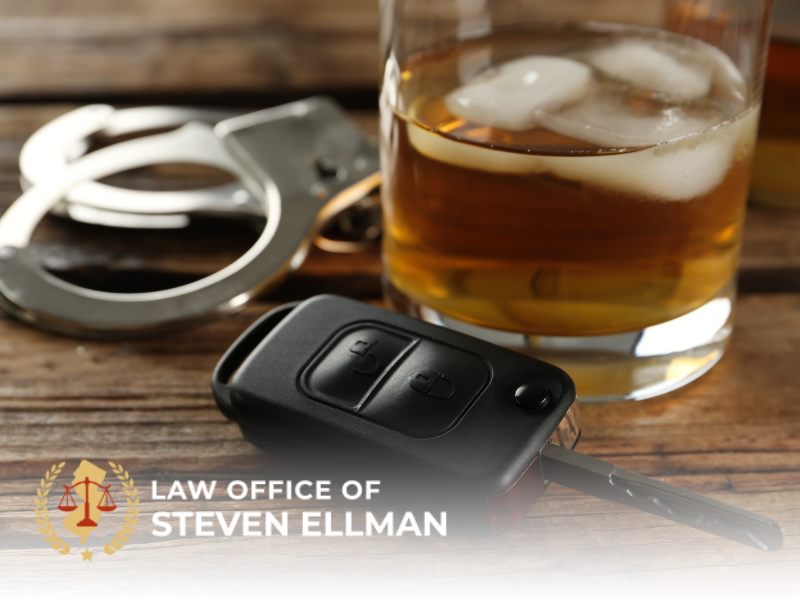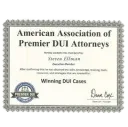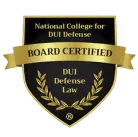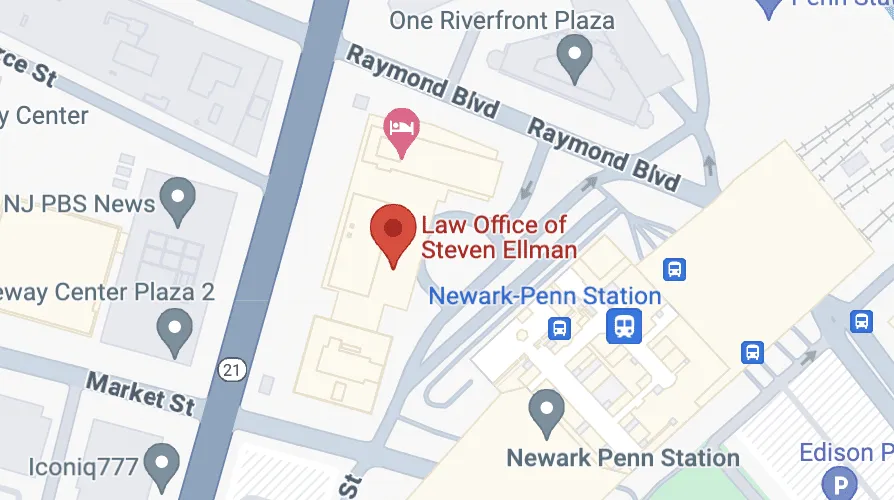

A conviction for driving while intoxicated (DWI) in New Jersey could mean a temporary license suspension, fines, and incarceration, depending on your case and personal history. At the Law Office of Steven Ellman, we know how disruptive and frightening a DWI in New Jersey can be. We treat each client with respect and compassion during these challenging times and plan a defense strategy to work toward the best possible outcome in each case.
If you’ve been arrested for DWI, you should know the basic processes and events in a DWI case. More importantly, you should
know that the Law Office of Steven Ellman is on your side. An experienced DWI attorney can help you understand your rights and develop a defense to work in your favor. Contact our award-winning firm today for a free consultation.
Whether you call it a DUI (driving under the influence) or DWI, both terms mean the same thing in New Jersey. It is illegal to operate a motor vehicle with a blood alcohol concentration (BAC) of 0.08 percent or greater. However, there are different types of DWI in New Jersey, including:
An ignition interlock device (IID) is installed on a driver’s vehicle and prevents it from starting if the driver’s BAC level exceeds the preset limit. Here are additional things you need to know about an ignition interlock device:
A DWI arrest in NJ begins with a traffic stop if an officer has probable cause. From there, the arrest process continues:
Like most states, New Jersey has an “implied consent” law. As a condition for obtaining a driver’s license, motorists give their implied consent to a chemical DWI test, such as a breathalyzer, when law enforcement asks. The consequences for refusing a breathalyzer are harsh, even without a DWI conviction. For a first refusal, you face the following penalties:
Along with a suspended license, New Jersey has other penalties for a DWI. Depending on the number of convictions and the driver’s BAC, these include:
Penalties and fines for underage DWI include temporary loss of license for up to 90 days, community service, and alcohol safety education.
If you plead not guilty to a DWI charge, your case goes to trial. Here is the typical process in a DWI trial:
Fighting a DWI case could result in reduced charges or even dismissal if there are errors in the arrest or testing process. There are other reasons to contest DWI charges, such as:
A DWI charge is a serious matter that requires the help of an experienced criminal defense attorney. At the Law Office of Steven Ellman, we protect and defend individuals who want to avoid a DWI conviction and the penalties that it brings. A DWI attorney can pursue the best possible outcome of your case in Northern, Central, and Southern New Jersey. Contact us today for a free consultation to find out how.
















| Monday | Open 24 hours |
| Tuesday | Open 24 hours |
| Wednesday | Open 24 hours |
| Thursday | Open 24 hours |
| Friday | Open 24 hours |
| Saturday | Open 24 hours |
| Sunday | Open 24 hours |

| Monday | Open 24 hours |
| Tuesday | Open 24 hours |
| Wednesday | Open 24 hours |
| Thursday | Open 24 hours |
| Friday | Open 24 hours |
| Saturday | Open 24 hours |
| Sunday | Open 24 hours |

| Monday | Open 24 hours |
| Tuesday | Open 24 hours |
| Wednesday | Open 24 hours |
| Thursday | Open 24 hours |
| Friday | Open 24 hours |

© 2024 All Rights Reserved. The Law Office of Steven Ellman